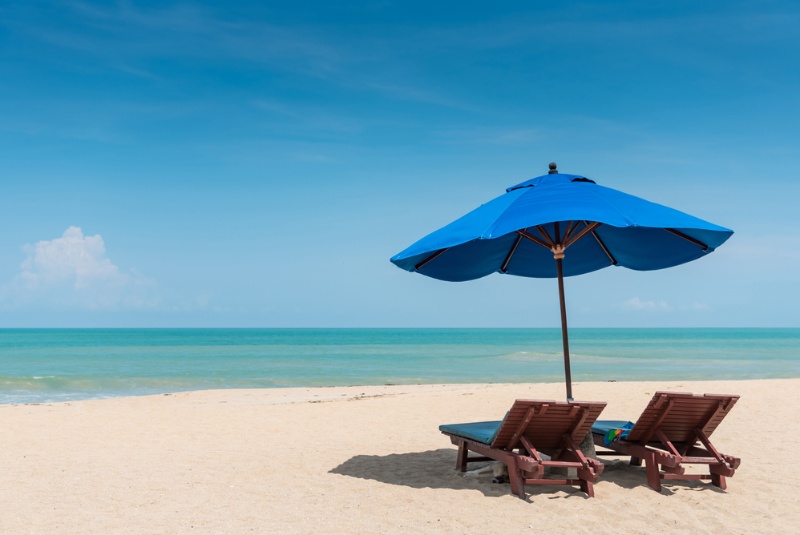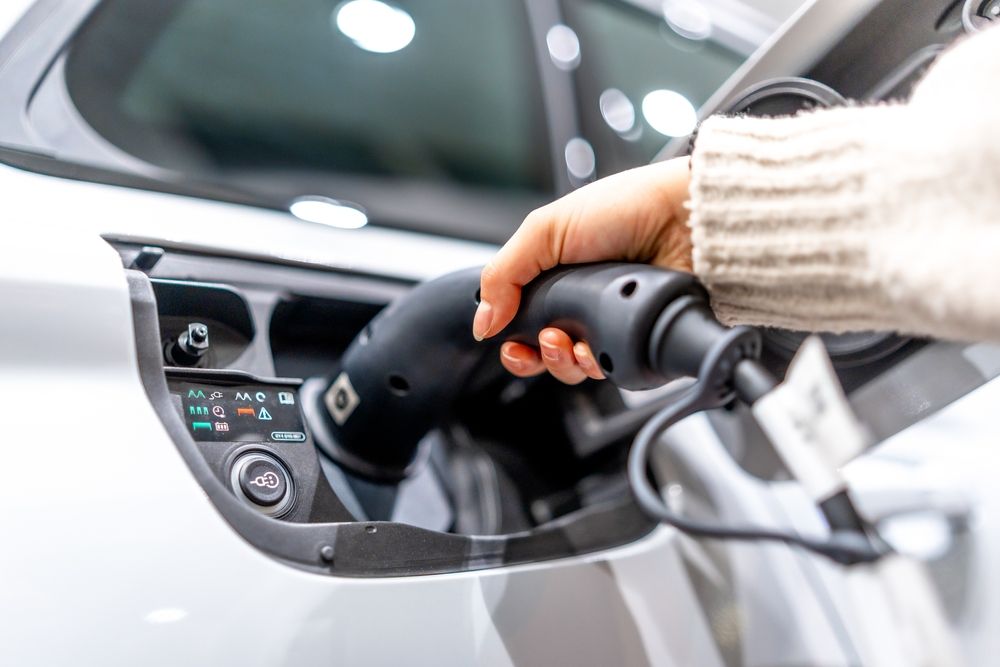When it comes to spending a day at the beach, sun protection is vital. But not all beach umbrellas are created equal. If you've ever watched your umbrella get carried away by a gust of wind or fade after just a few uses, you know the importance of investing in a long-lasting option. This guide will help you navigate the nuances of buying the perfect beach umbrella that will stand the test of time, weather, and sun.
1. UV Protection is a Must
While the primary purpose of a beach umbrella is to provide shade, it's essential that it also offers protection against the harmful ultraviolet (UV) rays of the sun. Look for umbrellas that:
- Boast a UPF (Ultraviolet Protection Factor) rating of 50+.
- Are made with UV-resistant fabric to ensure that the umbrella doesn’t lose its protective capabilities over time.
2. The Importance of Sturdy Framework
A strong skeleton is the backbone of a long-lasting umbrella. Two common materials are used in umbrella frames:
- Steel: Though durable and often less expensive, steel can rust over time, especially in salty beach environments.
- Fiberglass: Lightweight, flexible, and rust-proof. Fiberglass frames can flex with the wind, reducing the chance of breakage.
3. Quality Fabric Makes a Difference
The material of your umbrella not only affects its durability but also its performance:
- Polyester: Popular due to its durability and affordability. Ensure it has a UV-resistant coating.
- Canvas: Heavier but offers excellent sun protection and longevity.
- Acrylic: Resistant to sun, wind, and water. It tends to be more expensive but offers exceptional durability.
4. Wind Resistance
A day at the beach can quickly turn sour if your umbrella gets swept away by the wind or turns inside out. Features to look for:
- Vents: A top vent allows the wind to flow through the umbrella rather than lifting it.
- Anchoring Systems: Spiral stakes or sand anchor devices provide a better grip on the sand than traditional straight stakes.
- Tilt Mechanism: Allows you to adjust the angle of the umbrella as the sun moves, ensuring consistent shade without moving the entire setup.
5. Size Matters
When it comes to beach umbrellas, size does matter. Consider:
- Coverage: A larger umbrella provides more shade but can be harder to stabilize in windy conditions.
- Portability: If you’re trekking to a remote beach spot, you might want a compact and lightweight umbrella.
- Crowd: A bigger umbrella might be ideal for families or groups, while solo beachgoers might prefer something smaller.

6. Height and Pole Quality
The pole of your beach umbrella should be sturdy and resistant to bending or breaking:
- Material: Look for rust-resistant materials like aluminum or fiberglass.
- Telescopic Pole: Some umbrellas come with adjustable height options, which can be useful as the sun changes position.
- Two-Piece Poles: These make for easier transport and storage.
7. Ease of Setup
Nobody wants to wrestle with their beach umbrella when they're eager to dive into the waves. Features to consider:
- Push-Up Lift: Simpler to use, but may wear out faster.
- Crank Lift: Offers an easier way to open larger umbrellas.
- Pop-Up: Designed for easy and quick setup.
8. Think Beyond the Umbrella
A few accessories can extend the life of your umbrella:
- Umbrella Base: Provides additional stability.
- Protective Cover: When not in use, a cover can protect your umbrella from the elements and UV degradation.
- Storage Bag: Helps in transport and keeps the umbrella safe when stored.
9. Reviews and Recommendations
Before making a purchase, read reviews from other customers. Personal experiences can give you insights into durability, ease of use, and performance. Additionally, ask friends or family for their recommendations.
10. Budget and Warranty
While it might be tempting to go for the cheapest option, remember that an investment in a durable beach umbrella can save you money in the long run. Also, check if the umbrella comes with a warranty. A manufacturer that offers a warranty is often confident in the product's durability.
A day at the beach should be about relaxation, fun, and sun safety. By considering factors like UV protection, frame quality, fabric, and wind resistance, you can ensure you're investing in a beach umbrella that will offer you shade and protection for many sunny days to come. So, take your time, do your research, and make a choice that will last. Your skin and your wallet will thank you.




